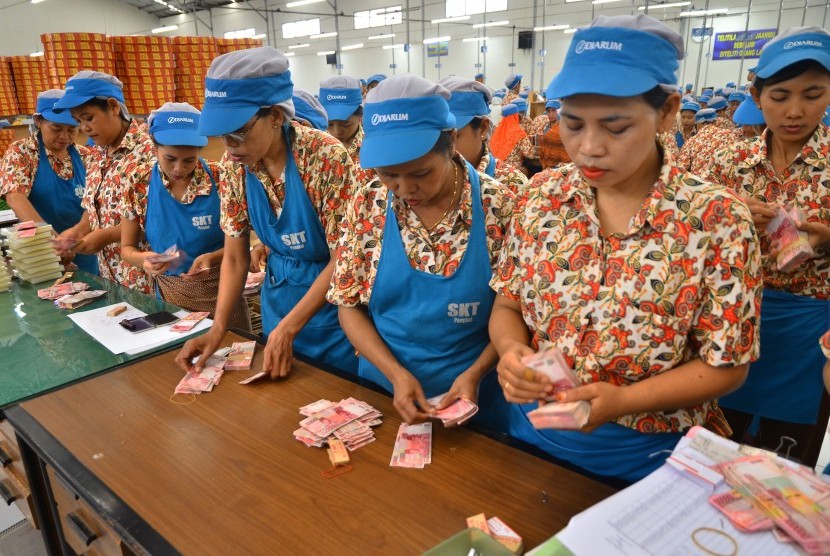REPUBLIKA.CO.ID, JAKARTA -- The Indonesian Chamber of Commerce and Industry expects the negotiations for the Indonesia European Union Comprehensive Economic Partnership Agreement (IEU-CEPA) to be completed in less than two years.
"We are expecting the negotiations to be completed in one and half years to two years," the Chairman of the Indonesian Chamber of Commerce and Industry (KADIN), Rosan P Roeslani, said here on Friday.
Rosan added that the chamber has given its inputs and advice to the government regarding the negotiations. Some parties consider that the CEPA will make trading more open and free than it is today.
"What they are worried about is that trading will be more open and free, which, in fact, will not happen. We can negotiate about sectors that we can protect," Rosan pointed out.
Rosan hoped that the government will prioritize the national interest, especially for micro, small and medium enterprises.
Earlier, Indonesia and the European Union had agreed to formally launch negotiations on the Indonesia-European Union Comprehensive Economic Partnership Agreement (CEPA-IEU) which is expected to expand strategic relations, particularly in the economic field.
The IEU-CEPA negotiations are expected to bring significant benefits to Indonesia, including for the national economic growth, new jobs provision, technology transfer, as well as micro, small and medium enterprises.
The Central Statistics Agency summarizes that the total value of the trade between Indonesia and the European Union in 2015 was US$26.1 billion. Indonesia recorded its total exports to the EU at US$14.8 billion and imports at US$11.3 billion.
Meanwhile, the total value of EU investment in Indonesia in the last ten years (2005 to 2015) reached US$9.8 billion, and was mainly in fields such as construction, transportation, food crops, plantations and mining.
According to the agreement contained in the scoping paper, Indonesia and the EU will begin negotiations on trade, customs and trade facilitation, and technical regulations in the field of sanitary and phytosanitary.
Other issues to be negotiated are technical regulations in trade, services, government spending, and intellectual property rights, business competition, transparency policy, dispute settlement and sustainable development.



